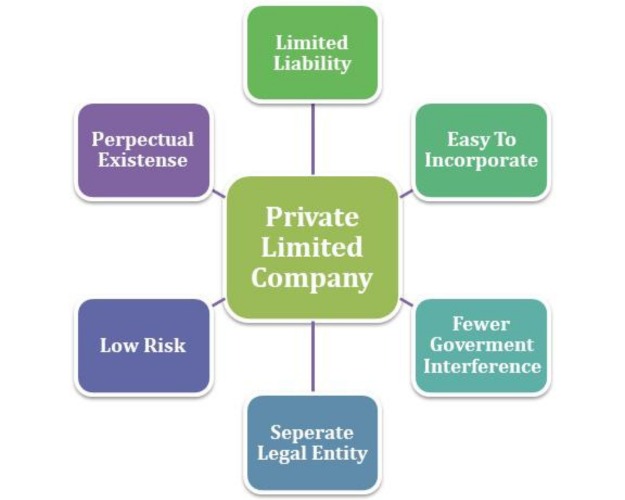1
Acquire a Digital Signature Certificate (DSC)
Each director and shareholder is required to obtain a Digital Signature Certificate (DSC) from the Controller of Certification Agencies (CCA). This process entails submitting necessary information, including passport-sized photos, PAN card details, Aadhaar Card information, phone number, and email address. Foreign nationals must additionally provide notarized and apostilled documents if relevant.
Meanwhile we apply for Digital Signatures of all directors/shareholders. #We can complete this in day 1
In day 2 we file incorporation form with ROC. All forms certified by CA or CS or CMA.
Generally ROC approve incorporation application in 1-2 days. Once your application approved, you will get certificate, PAN, TAN etc.
Generally ROC approve incorporation application in 1-2 days. Once your application approved, you will get certificate, PAN, TAN etc.
Generally ROC approve incorporation application in 1-2 days. Once your application approved, you will get certificate, PAN, TAN etc.
Generally ROC approve incorporation application in 1-2 days. Once your application approved, you will get certificate, PAN, TAN etc.
Generally ROC approve incorporation application in 1-2 days. Once your application approved, you will get certificate, PAN, TAN etc.





